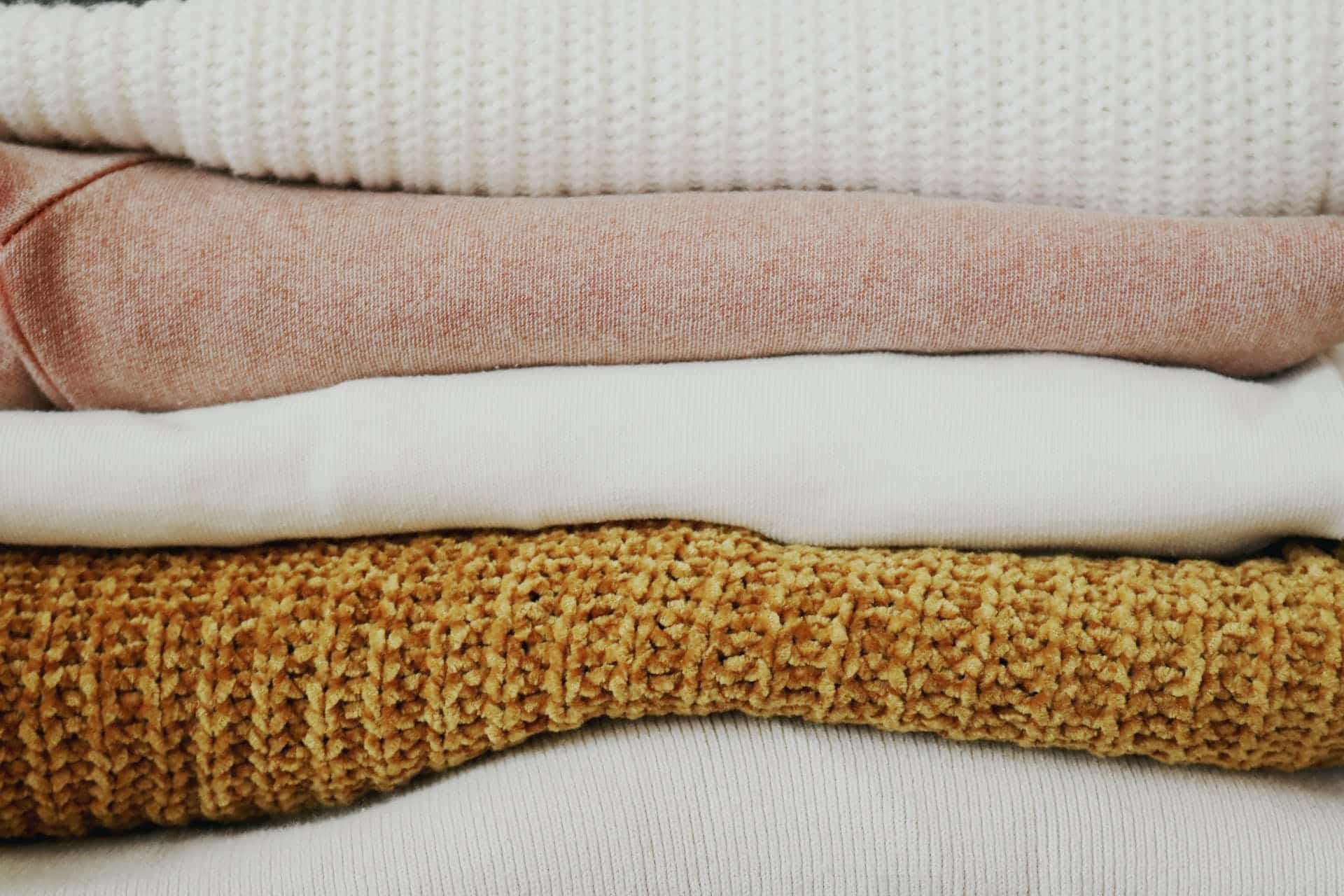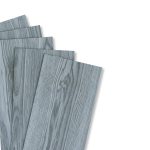As you all know, what we wear has a significant impact on our comfort level throughout the day. Fabrics can either provide comfort or give rise to irritation and discomfort, especially if you have sensitive skin.
If your skin is sensitive, you’ve probably experienced redness, itching, or even rashes from wearing certain types of clothing. However, the good news is that some materials are more suitable for sensitive skin than others. So, let’s explore the best fabrics that will respect the comfort of your skin.
A lire en complément : What are the best ways to incorporate lace into your outfits?
Cotton: The Natural Comfort Provider
When it comes to skin-friendly fabrics, cotton is the ultimate choice. Derived from the cotton plant, this natural fabric has been used in clothing production for centuries. It stands out as one of the best options for those with sensitive skin.
Cotton’s natural and breathable properties allow air to circulate, preventing excessive sweating and skin irritation. Additionally, cotton is highly absorbent, drawing moisture away from the skin and keeping your body dry and comfortable.
Dans le meme genre : The best Lilo & stitch products available in Stitch merchandise store
Moreover, organic cotton is free from harmful pesticides and chemicals that are often used in the growing and processing of conventional cotton. Such toxins can irritate sensitive skin, making organic cotton the better choice for those with skin sensitivities.
Bamboo: The Sustainable Choice
The fashion industry has recently been graced with the emergence of bamboo as a popular fabric choice. Not only is bamboo a sustainable resource, but its fibers also give birth to a remarkably soft and hypoallergenic fabric.
This is why bamboo is a fantastic fabric for sensitive skin. Known for its moisture-wicking and thermal-regulating properties, bamboo fabric helps keep your skin dry and maintains a comfortable body temperature.
Its anti-bacterial and hypoallergenic qualities also reduce chances of skin irritation, providing comfort to those suffering from skin conditions like eczema.
Silk: The Luxurious Soother
Silk is another wonderful option for sensitive skin. Known for its luxurious feel, silk is more than just a high-end fashion statement. It’s a hypoallergenic fabric that is gentle and soothing to the skin.
Silk fibers are natural, breathable, and extremely smooth. This smoothness results in less friction against the skin, reducing irritation and potential damage.
Although silk requires a bit more care in washing and handling, its benefits for sensitive skin are undeniable. Its naturally cool feel also makes it ideal for warm climates or hot sleepers.
Wool: The Cozy Protector
Though often associated with itchiness, not all wool fabrics are created equal. Many forms of wool can be irritating to sensitive skin, but Merino wool is an exception.
Merino wool is known for its softness, breathability, and moisture management, which makes it a good choice for sensitive skin. The fibers are fine, smooth, and flexible, reducing the scratchiness associated with regular wool.
In addition, wool has excellent temperature-regulating properties, keeping your body warm in cold weather and cool in hot weather. It also wicks away moisture, which can prevent discomfort and bacterial growth.
Synthetic Fabrics: The Exception to the Rule
While natural fabrics are generally the best choice for sensitive skin, there are some synthetic fabrics that deserve mention. Fabrics like modal and lyocell are produced using regenerated cellulose fiber, often from beech trees or bamboo pulp.
These fabrics are known for their exceptional softness and smoothness, similar to silk. They are also breathable, absorbent, and easy to care for, making them a suitable choice for those with sensitive skin.
One thing to note about synthetic fabrics, however, is that they may not be as eco-friendly or sustainable as their natural counterparts. If environmental impact is a concern for you, it’s important to consider this factor.
So, the next time you shop for clothing, keep in mind your skin’s needs. Look for labels mentioning these skin-friendly fabrics. Through choosing the right fabrics, you can enhance your comfort, prevent irritation, and keep your skin healthy and happy.
Linen: The Lightweight Comforter
Derived from the flax plant, linen is another natural fabric choice that is kind to sensitive skin. It is known for its superior breathability and moisture-wicking capabilities, making it an excellent choice in hot climates or for those who tend to sweat a lot. This lightweight fabric allows air to circulate freely, keeping your skin cool and reducing the chance of skin irritation.
Unlike wool and silk, linen is quite durable and easy to care for, which makes it a practical choice for everyday wear. Linen is also resistant to dirt and stains, so it’s not necessary to wash it as frequently as other fabrics. This not only prolongs the lifespan of your linen garments but also reduces the frequency of exposure to potentially skin-irritating laundry products.
Although its natural texture can be a bit rougher compared to cotton or silk, linen usually softens over time and with repeated washing. It is worth noting that some people with extremely sensitive skin may find the texture of linen a little hard at first. However, this can be managed by choosing high-quality linen fabrics or blends that are designed to be softer on the skin.
Conclusion: Choose Wisely For Your Skin
Choosing clothing made from skin-friendly fabrics is crucial for those with sensitive skin conditions. Natural fibers like cotton, bamboo, silk, wool, and linen have properties that help to reduce skin irritation, making them some of the best fabrics for sensitive skin. Whether it’s the breathability of cotton, the softness of bamboo viscose, the luxurious feel of silk, the cozy warmth of Merino wool, or the lightweight comfort of linen, each fabric has its own unique strengths that can cater to different needs and preferences.
Synthetic fabrics, such as modal and lyocell, are also noteworthy for their soft and smooth texture. However, one should be aware of their environmental impact compared to natural alternatives. As consumers, it is crucial to balance our comfort needs with our responsibility towards the environment.
In the end, there is no one-size-fits-all answer when it comes to the best fabric for sensitive skin. The choice depends on individual skin conditions, personal comfort, lifestyle, and even the climate in which one lives. It’s worth taking the time to understand the different fabric options and their benefits to make an informed choice.
Remember to always check the labels when shopping for clothes and consider the care instructions for each fabric type. Always go for high-quality fabrics that are tested and certified, like those with an Oeko-Tex certification, which guarantees that the fabric is free from harmful substances.
In conclusion, dressing with sensitive skin doesn’t have to be a daunting task. With the right fabric choices, you can wear what you love without compromising your skin’s health and comfort.






